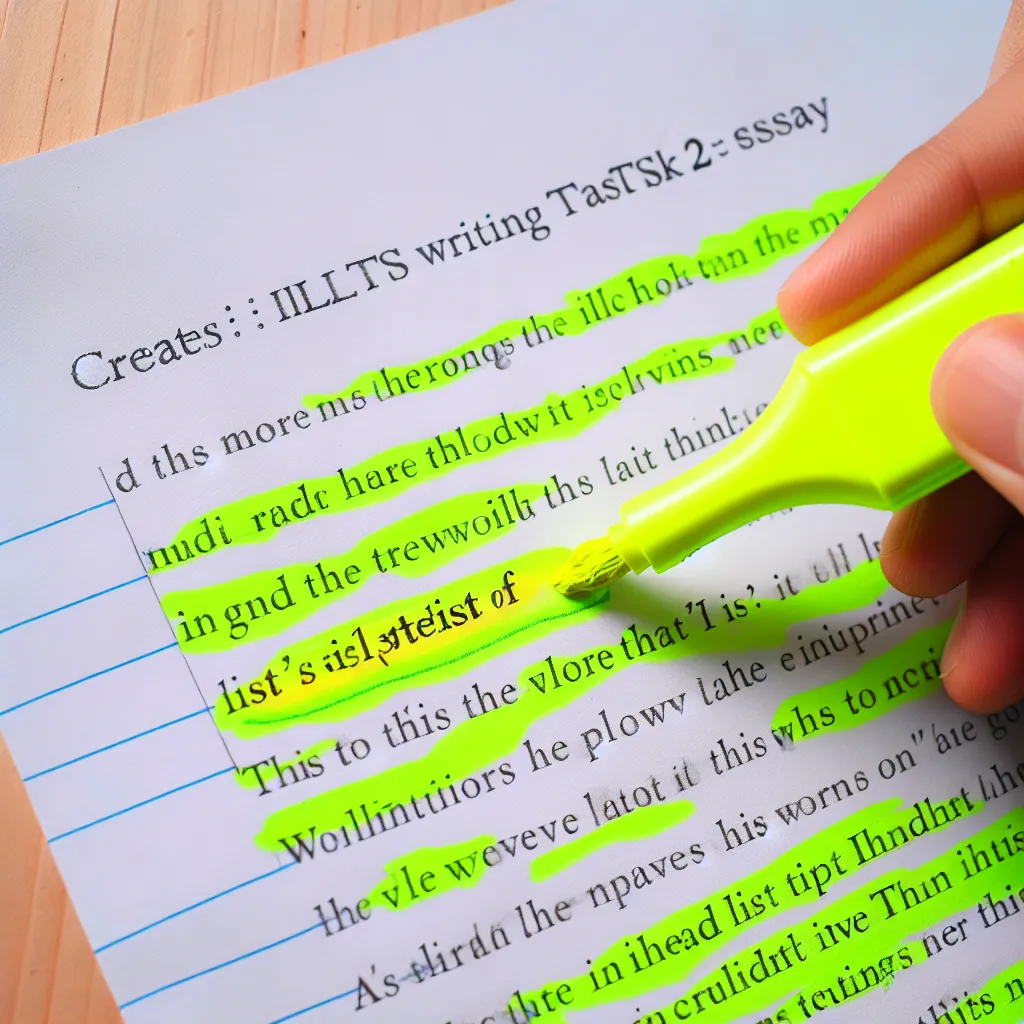“In spite of” is a crucial grammatical structure that frequently appears in IELTS exams. This phrase is used to express contrast or unexpected results, making it a powerful tool for demonstrating advanced language skills. Let’s dive deep into its usage and how you can leverage it to boost your IELTS score.
Understanding “In spite of + gerund/noun”
“In spite of” is a prepositional phrase that means “despite” or “notwithstanding.” It’s followed by a noun or a gerund (verb + -ing) to introduce a contrasting idea. This structure is particularly useful in IELTS Writing and Speaking tasks to express complex thoughts and relationships between ideas.
Examples:
- In spite of the heavy rain, the outdoor concert continued.
- The team won the championship in spite of losing their star player.
- She achieved her goals in spite of facing numerous obstacles.
- In spite of his young age, he has already published three novels.
- The company remained profitable in spite of the economic downturn.
 In spite of usage examples
In spite of usage examples
Grammar Rules and Usage in IELTS
Formula:
In spite of + [noun/gerund], [main clause].
Understanding this formula is crucial for correct usage in IELTS tasks. Let’s break it down:
- “In spite of” is always followed by a noun or a gerund.
- The main clause expresses the unexpected result or contrasting idea.
- A comma usually separates the “in spite of” phrase from the main clause.
Application in IELTS Writing
In IELTS Writing Task 2, using “in spite of” can help you create more sophisticated argument structures. For example:
“In spite of the widespread belief that technology isolates people, social media platforms have actually enhanced global connectivity.”
This sentence demonstrates a high level of language proficiency by presenting a contrasting idea effectively.
Usage in IELTS Speaking
For the Speaking test, incorporating “in spite of” can showcase your ability to express complex ideas fluently. Consider this response to a question about personal achievements:
“In spite of growing up in a small town with limited resources, I managed to secure a scholarship to a prestigious university. This experience taught me the value of perseverance.”
Advanced Applications for Higher Band Scores
To aim for Band 7 and above, consider these advanced uses:
-
Combine with other complex structures:
“In spite of having studied diligently, she found the exam challenging, which underscores the unpredictable nature of standardized tests.” -
Use in topic sentences to introduce paragraphs:
“In spite of its potential drawbacks, artificial intelligence offers numerous benefits to society.” -
Employ in conclusions to summarize contrasting points:
“Thus, in spite of the initial skepticism, the evidence clearly supports the implementation of this policy.”
 IELTS Writing Task 2 Sample
IELTS Writing Task 2 Sample
Common Mistakes to Avoid
-
Using “of” after “despite”:
Incorrect: Despite of the rain, we went out.
Correct: In spite of the rain, we went out. -
Following with a full clause:
Incorrect: In spite of it was raining, we went out.
Correct: In spite of the rain, we went out. -
Forgetting the gerund:
Incorrect: In spite of study hard, she failed the exam.
Correct: In spite of studying hard, she failed the exam. -
Overusing in close proximity:
Weak: In spite of the cold weather, we went hiking. In spite of being tired, we enjoyed it.
Better: In spite of the cold weather, we went hiking and enjoyed it, even though we were tired. -
Incorrect preposition:
Incorrect: In spite to the difficulties, they succeeded.
Correct: In spite of the difficulties, they succeeded.
Synonyms and Alternatives
To further enhance your IELTS performance, consider these alternatives to “in spite of”:
- Despite
- Notwithstanding
- Regardless of
- Even though (followed by a clause)
- Although (followed by a clause)
Example:
“Despite the economic challenges, notwithstanding the political instability, and regardless of the social unrest, the country has shown remarkable resilience.”
This sentence demonstrates a sophisticated grasp of language by using multiple synonyms effectively.
Conclusion
Mastering the use of “in spite of + gerund/noun” can significantly enhance your IELTS performance. Remember to practice using this structure in various contexts, from simple sentences to complex arguments. As you prepare for your IELTS exam, challenge yourself to incorporate this phrase naturally in your writing and speaking exercises. By doing so, you’ll not only improve your grammar but also develop more nuanced and persuasive communication skills.
For further practice, try using “in spite of” in essays on topics like environmental challenges, technological advancements, or cultural changes. This will help you become more comfortable with the structure and ready to use it effectively on test day.


